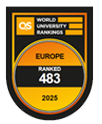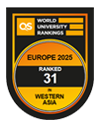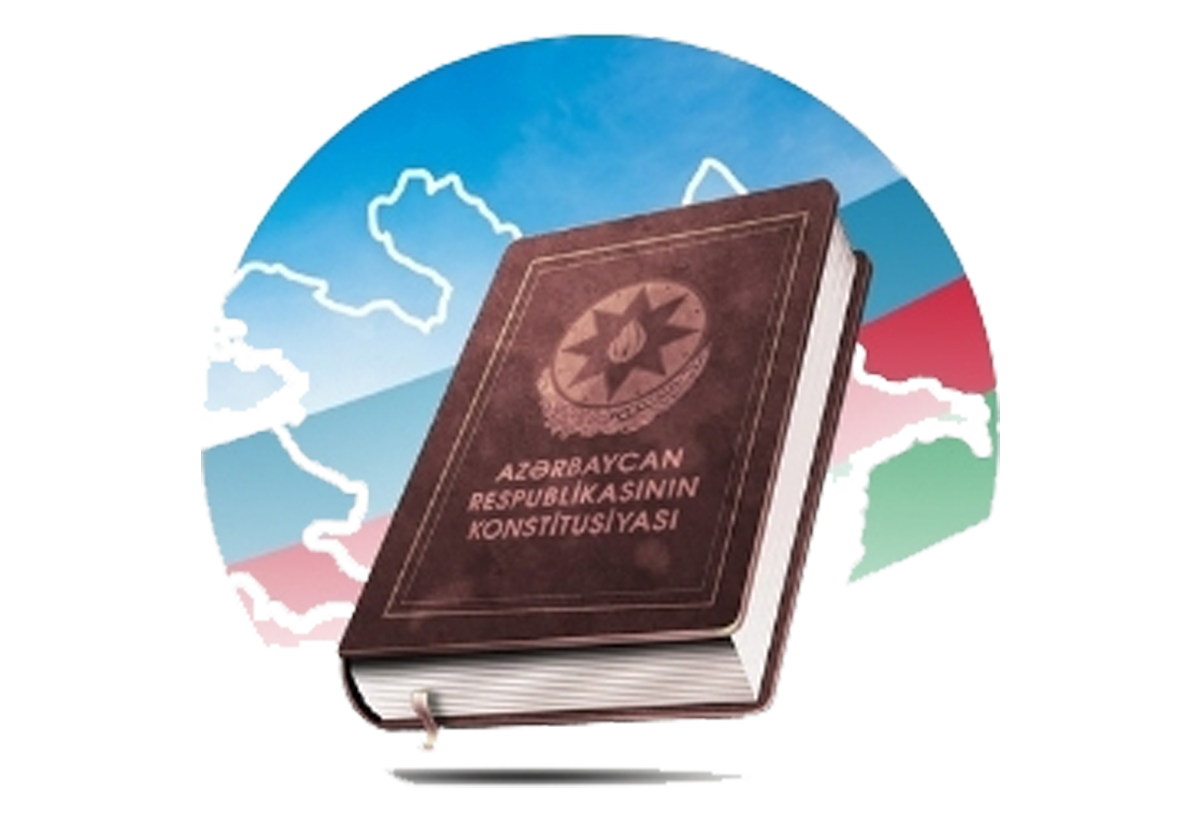A SEMINAR ON "ECOLOGY OF TOPONYMS IN TERRITORIES FREED FROM OCCUPATION" WAS HELD AT SSU WITHIN THE FRAMEWORK OF COP29
To the Action Plan of the Ministry of Science and Education for 2024 regarding the organization of the 29th session of the Conference of the Parties to the United Nations Framework Convention on Climate Change (COP29), the 19th session of the Meeting of the Parties to the Kyoto Protocol and the 6th session of the Meeting of the Parties to the Paris Agreement On May 29, 2024, a seminar on "Ecology of toponyms in territories freed from occupation" was held by the department of Azerbaijani language and its teaching methodology of the faculty of Philology of Sumgait State University.
The head of the department of the Azerbaijani language and its teaching methodology, associate professor Buyukkhanim Eminli, declared the seminar with an opening speech and talked about the issue of environmental protection in the large-scale restoration and reconstruction process in the territories freed from occupation. He pointed out that innovative approaches such as "smart city" and "smart village" have been applied in those areas.
It should be noted that liberated Karabakh and East Zangezur, as well as the Nakhchivan Autonomous Republic, have been declared "green energy zones". In this direction, associate professor of the Azerbaijani language and its teaching methodology department Azamat Rustamov "Ecological landscape of Zangazur toponyms", senior lecturer of the department Elnara Ahmadova "Ecolinguistic analysis of Gubadli toponyms", dissertation researcher Mahira Rahtari "Semantic types of microtoponyms in liberated areas: religious and mythological microtoponyms (based on Gubadli toponyms) )" spoke about the topics.
Toponyms are closely related to the geographical area, nationality, religious-philosophical views, beliefs, language, creative thinking, everyday life, and cultural heritage of the people they belong to. Collecting Azerbaijani toponyms, studying them in linguistic, extralinguistic, historical aspects and natural-geographical regions is of great scientific and practical importance. Thus, it is possible to determine complex and controversial issues related to linguistics, history and geography only with toponymic research. The role played by
toponymy in the formation of the history and ethnogenesis of the people is no less than the role played by the science of archaeology. In this sense, toponyms play the role of a passport of any nation. Although some ethnos that existed historically, were doomed to destruction due to various historical and political reasons, or were assimilated by dominant peoples, have been erased from the pages of history, their names or words have been petrified in toponyms that reflect certain aspects of their lifestyle, and have come down to our time. From this point of view, toponyms are considered the most reliable sources for studying the past of a nation.
The seminar ended with discussions on the topic.


.jpeg)
.JPG)
.JPG)
.JPG)
